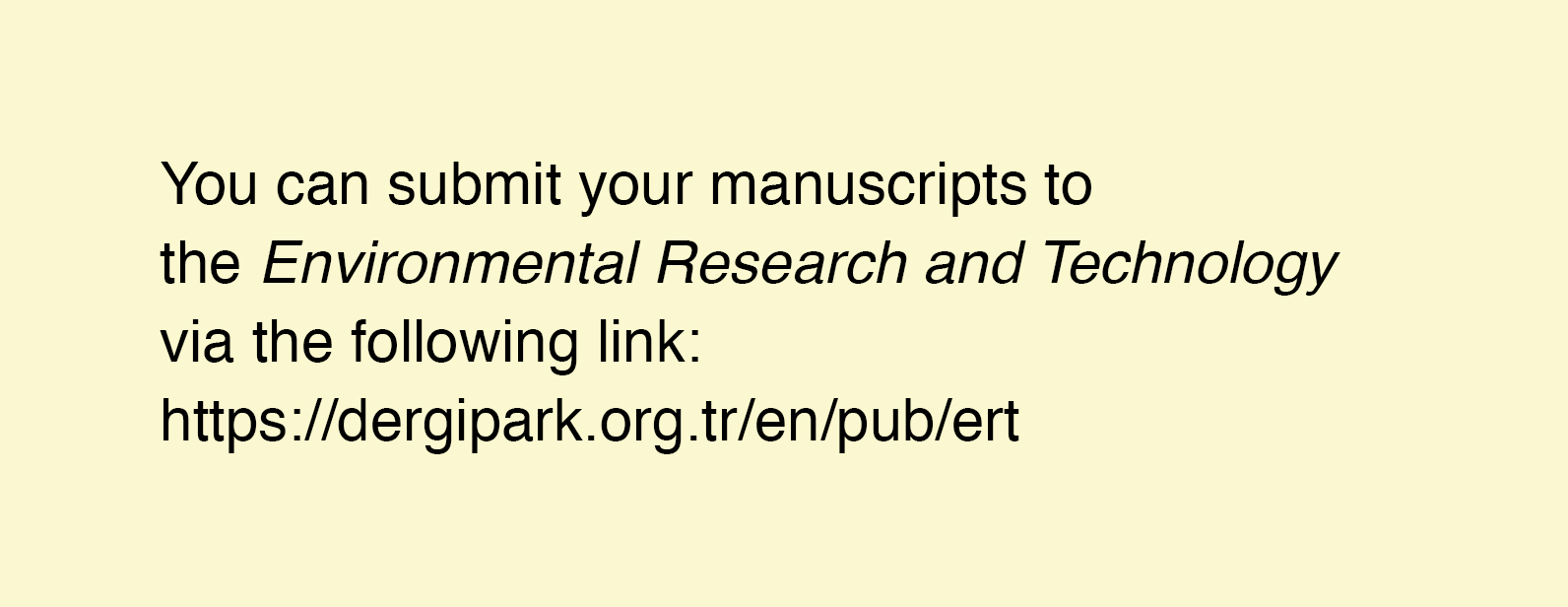2College of General Education, Kookmin University, Seoul, Republic of Korea
Abstract
This paper reviewed various studies on the impact of quick-commerce distribution services on the environment and local communities, with a particular focus on air pollution and increased packaging waste due to the increase in quick-commerce consumption. A systematic literature review was conducted using Web of Science, Google Scholar, and Scopus to comprehensively investigate and summarise the characteristics of quick commerce distribution, the impact of fre-quent logistics transport on air pollution, and the increase in packaging waste due to the increase in online shopping demand. Previous studies have mainly addressed the growth characteristics of quick commerce distribution services with the emergence of quick commerce. The results of this study show that quick-commerce distribution services are indeed associated with increased traffic due to frequent transport, which contributes to greenhouse gas emissions and traffic con-gestion in cities. In addition, due to the nature of quick-commerce consumption, packaging waste is also increasing due to excessive use of packaging materials for freshness and safe delivery. Therefore, this study suggests sustainable consumption behaviour using local shopping malls and private spaces to minimize environmental pollution in the era of changed distribution services.











